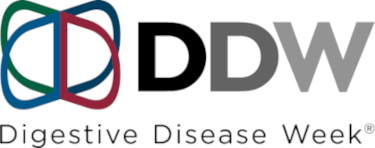858
G-CSF PROMOTES ANTI-TUMOR RESPONSE OF NK CELLS BY ACTIVATING GRANULOPOIESIS IN HEPATOBLASTOMA
Date
May 20, 2024
Tracks
Related Products
Career Planning for APPs (Hep Associations Committee)
ADDICTION TREATMENT AND HARM REDUCTION IN VIRAL HEPATITIS
FOLIC ACID DEFICIENCY EXACERBATES BILIARY INFLAMMATION IN PRIMARY BILIARY CHOLANGITIS BY PROMOTING CHOLANGIOCYTE SENESCENCE
Background and Objective: Biliary senescence in primary biliary cholangitis (PBC) patients is positively correlated with disease severity, prognosis, and poor UDCA response…


